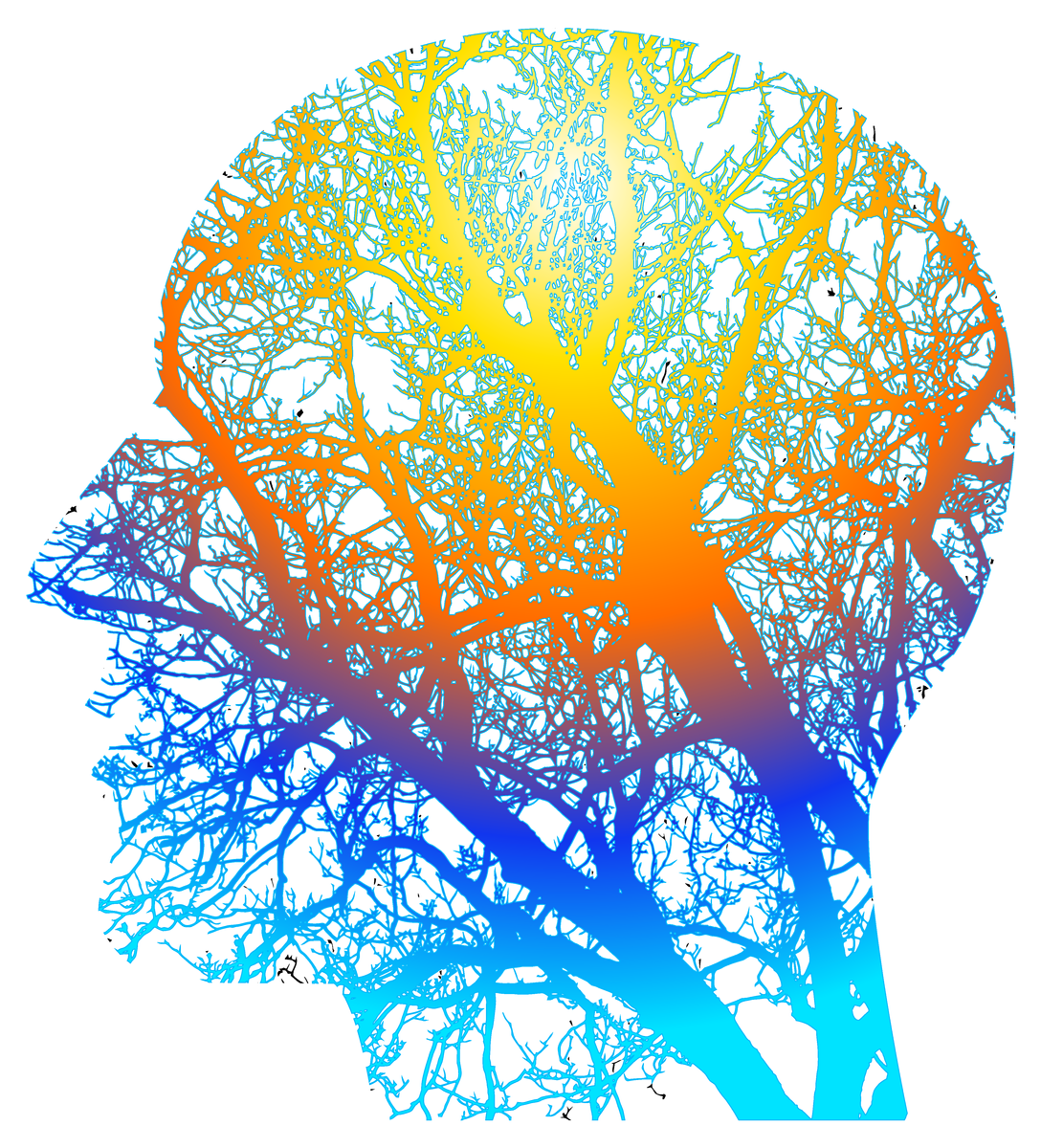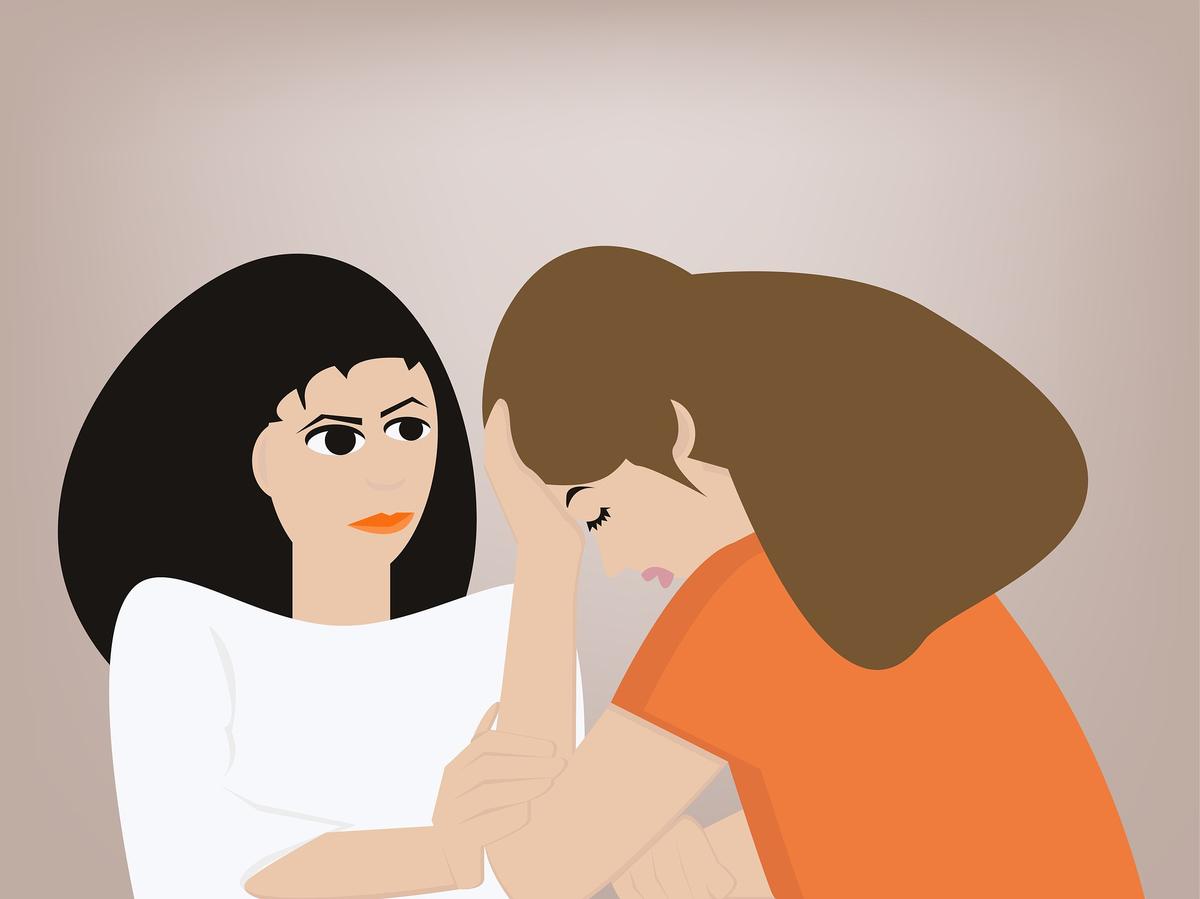Health & Wellbeing
Healthy Relationships

Health & Wellbeing
Healthy Relationships


What ever your pattern in relationships may be, healthy relationships are crucial for mental health. When you spend time with people you care about, who care about you, this can help you feel connected and supported. We know relationships aren’t always easy. Starting new relationships can often be a challenge. For those who have had challenges in relationships a reluctance to engage with others may become a barrier to future relationships. Anyone experiencing mental health difficulties may feel like disconnecting from people, rather than reaching out. But here’s the thing – the more you work on your relationships, the stronger they get. Strong relationships can provide support and a sense of belonging and community.


When you spend time connecting with and supporting others, your wellbeing improves, too. Investing in relationships can improve your mood by:
The National Headspace team have the following tips for navigating relationships.
When aiming to establish new connections, as a new student at school, wanting to make new connections in addition to current friendships or wanting to remove yourself from current connections and establish new ones, the following may be useful:
Making an effort to meet new people can be risky. There is a chance of being dismissed or even a negative response, however, there is also the potential, over time for meeting new people, establishing strong connections, an improvement in confidence, wellbeing, mental health and the opportunity to bring more to our daily lives.
Recently our Year 7 students participated in a Community Day which focused on Belonging. The day involved sessions focusing on our College’s culture and history and incorporated a session for skill development for healthy relationships and connections. This session provided skill development for making new connections, boundaries, inclusivity, conflict resolution and problem solving. Year 7’s engagement in this activity and others through the day was a great example of students having the opportunity to grow in their relationships and within our College community. Small steps of engagement and connection each day in Year 7 are a great way to start for healthy and sustainable relationships.
Yours in friendship
Rachel Smith | College Counsellor